De-Europeanization and the EU´s International Relations
- Organization
- University of Porto
Description
CALL FOR PAPERS
Workshop, Porto 9-10 July 2019 deadline: 25 May 2019
De-Europeanization and the EU’s International Relations
The EU Global Strategy states that the EU’s Common Foreign Policy faces considerable challenges, both from the outside and from within. Externally, the EU is struggling with a more uncertain US foreign policy, a more assertive Russia, and an increasingly unstable and conflict prone neighbourhood. Internally, the EU is facing Brexit, challenges to develop a common response towards migration, as well as the rise of populism and democratic regression in some member states. This workshop invites contributions that explore EU foreign policy in light of these new challenges from a “de-Europeanization perspective”. Whilst scholarship has traditionally focused on “positive” processes of intensified European foreign policy cooperation, increased institutionalisation and Europeanization, current developments challenge the assumption that these processes work in a one-directional manner. In times where EU foreign policy is increasingly contested both externally and from within, it is important to think about the way previous achievements of Europeanization might be challenged, or even reversed.
This workshop invites contributions that engage with the emerging debate on de-Europeanization of EU foreign policy, both at the conceptual and empirical level. De-Europeanization of foreign policy may relate to the dimensions of (identity), polity, policy, and politics and it is particularly concerned with dynamics that unfold through interactions between the EU and its member states. Contributions may focus on issues such as:
Conceptual issues including drivers, mechanisms, indicators, and consequences of de-Europeanization;
The relationship between de-Europeanization and intra-EU crises (e.g. Brexit, financial crisis, migration crisis).
The de-Europeanization of the foreign policies of individual EU member states or groups of member states.
Changes at the level of EU institutions, such as dynamics related to the substantive and procedural norms that make up the EU’s foreign policy identity and “culture of cooperation”;
The way external actors engage with, and may contribute to, de-Europeanization dynamics in EU foreign policy.
Leadership in EU foreign policy and its relations to (de)Europeanization.
The workshop will take place 9-10. July 2019 at the University of Porto. We are particularly interested in submissions that show strong potential for inclusion in a joint publication. The workshop is organized in the framework of the EU-COST Action ENTER and in coordination with the Jean Monnet Network NORTIA. Participants will be reimbursed through the COST framework for their travel and accommodation. To apply, please send the following to patrick.mueller@da-vienna.ac.at by 25. May 2019: title of paper, abstract of about 200 words, and your full name, position, institution, year you obtained your PhD, email address, and website. We are looking forward seeing you in Porto:
Sarunas Liekis (Vytautas Magnus University); Patrick Müller (University of Vienna/Vienna School of International Studies), Michael Smith (University of Warwick), Heidi Maurer (University of Oxford), Karolina Pomorska (Leiden University)
